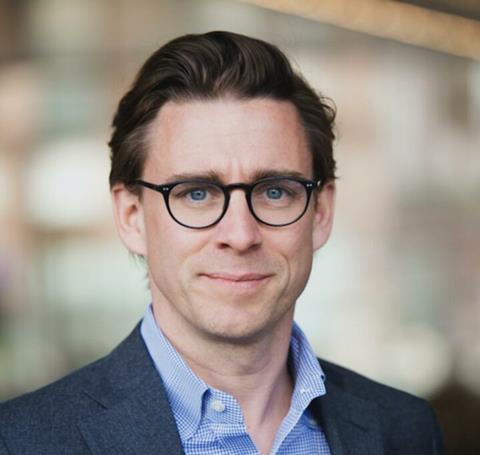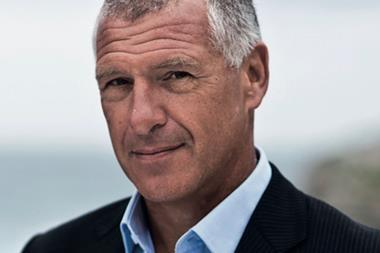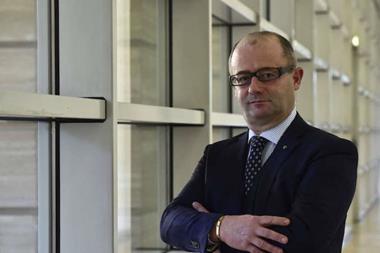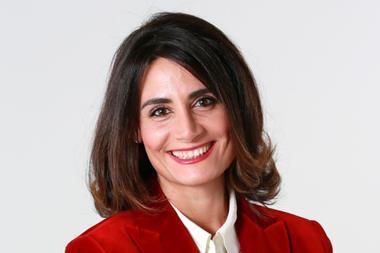The financial industry will move “very rapidly” in response to political decisions taken to price externalities, for example with a carbon tax, Nordea Asset Management’s chief executive officer Nils Bolmstrand said answering an IPE question during a roundtable in Frankfurt this week.
“We live in the developed world, but there are other parts of the world that have not yet reached a standard of living that is acceptable to me or to them, and this is part of the S [in ESG]. ESG is not only about the environment,” Bolmstrand continued.
He added: “The financial industry will not solve that [climate change], which is something that the EU needs to discuss with those areas of the world: how do we support this, how do we legislate and how do we price externalities.”
According to the CEO, political decision makers need to step in by taking decisions or designing multilateral agreements across the globe to address such concerns. The financial industry can facilitate the process at the political level, driving capital in a certain direction, he said.
He noted that the European Union has come out “very forceful” both in building a green economy and its regulatory framework, adding however, that there are conflicting goals among nations and societies on the meaning of E, S and G in ESG, underlying that disagreements clearly came to light with the Russian invasion of Ukraine and the problem with energy security.

The right world for active management
Investors are now facing geopolitical tensions going beyond the war in Ukraine that will last for longer.
Strategically, Nordea believes that this changing world fits with active management, the CEO said, adding that investors now need to truly understand companies beyond the momentum driving growth, and what are they investing in on the fixed income side.
Asset prices have increased in 2021 on the back of monetary and fiscal policies, and in 2022, which started with “low or non-existant interest rates”, inflation started to go up, followed by supply chain shocks after the Russian invasion of Ukraine, and energy prices in Europe pushing up inflation, he said.
Central banks started to increase interest rates aggressively, but this tool is relatively bland because an increase in interest rates will not solve the problem of supply chain shocks, he added.
“We are now back to 2008, you have to go back a long time to see interest rates that are similar to what we are now,” he said.
Diversification, with a balance of equities and bonds in an investment portfolio, did not work last year, and almost all set classes dropped strongly, while investors’ liabilties also went down as interest rates were increasing.
Nordea had net outflows of close to €13bn in 2022, as clients took a wait-and-see approach towards investments.
The latest digital edition of IPE’s magazine is now available















